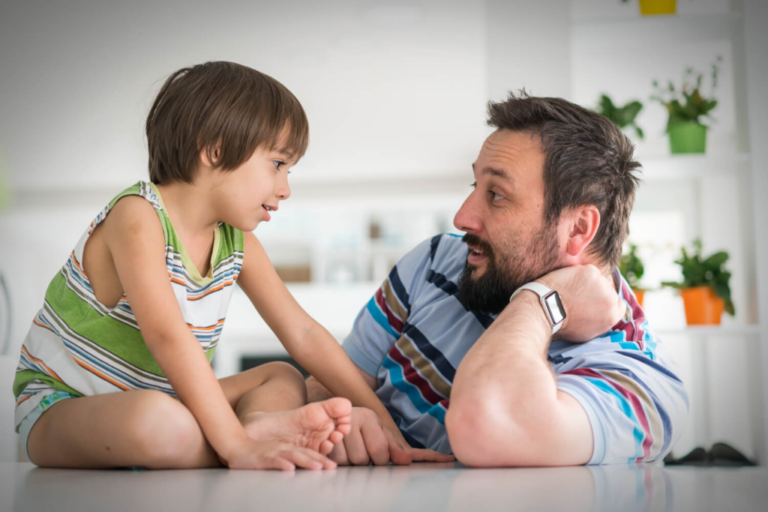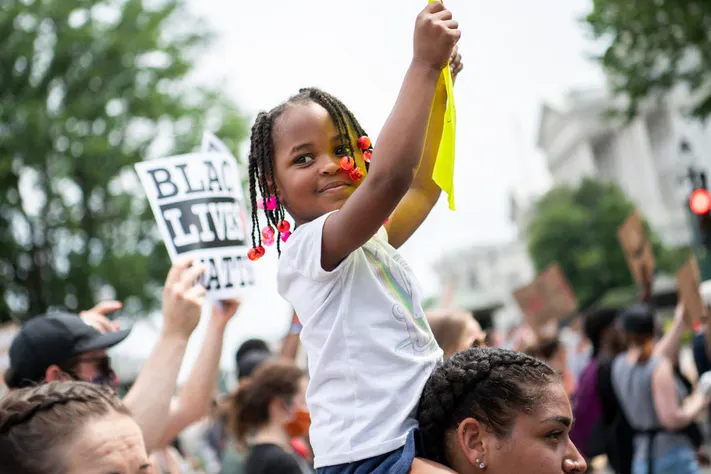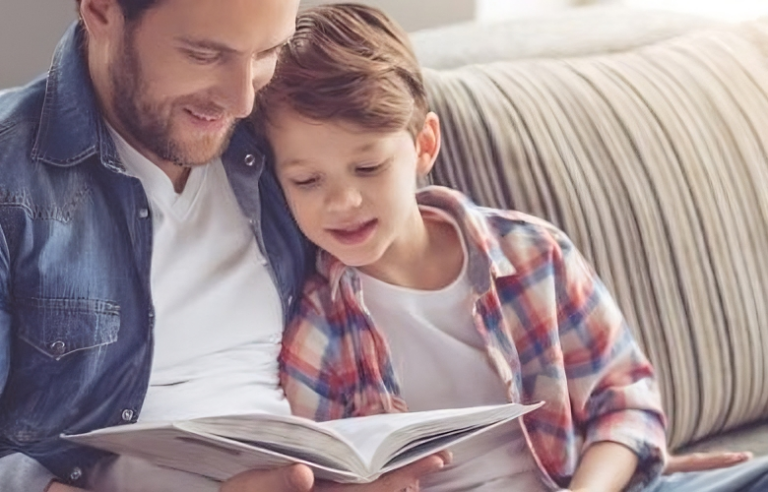Embracing Children’s Present Identities: The Power of Freedom of Expression
“We often fret about what a child will become in the future, but we overlook the fact that they are already someone today.” – Stacia Tauscher.
As parents, it’s common to focus on our children’s futures, imagining the kind of adults they’ll grow into. However, it’s equally important to appreciate who they are today—unique individuals with their own ideas, emotions, and thoughts. One of the greatest gifts we can offer our children is the freedom to express themselves. In this article, we explore why this freedom is vital for their growth and how we can support it effectively.

Understanding the Concept of Freedom of Expression for Children
Freedom of expression is the right to share one’s thoughts, opinions, and feelings without fear of repression, as long as it does not harm others. For children, this concept extends beyond verbal communication; it includes artistic expression, writing, and other creative outlets. Just like adults, children deserve the opportunity to convey their emotions and ideas, whether through speech, art, or actions.
Children also have fundamental rights similar to adults—freedom of thought, movement, religion, and privacy. These rights enable them to voice their concerns and participate in decisions affecting their lives, even if those decisions differ from their parents’ views. Encouraging these freedoms builds their confidence, independence, and self-esteem.
Why Freedom of Expression Matters for Children’s Development
Allowing children the freedom to express themselves is essential for their emotional and intellectual growth. Philosopher John Stuart Mill highlighted that freedom of expression is crucial for society because it enables the exchange of ideas, fostering progress and innovation. This principle applies to children too—they need the opportunity to be heard and to share their thoughts.
Self-expression helps children develop a deeper understanding of themselves. It enables them to process emotions, clarify their thoughts, and improve their problem-solving skills. When children are encouraged to voice their opinions, they learn to stand up for their rights and those of others.

The Significance of Children’s Rights to Expression
International regulations, like Article 13 of the Child Rights International Network (CRIN), protect children’s freedom of expression. This article asserts that every child has the right to express themselves through different media, including speech, writing, art, and digital platforms. Although this freedom may have restrictions for public safety or to protect others’ rights, its core objective is to enhance a child’s ability to seek and share knowledge.
By granting children opportunities to express themselves, we help them recognize when their rights are respected or infringed. It also instills the importance of advocating for others’ rights, nurturing a sense of responsibility and empathy.

Balancing Freedom and Responsibility
With the freedom to express themselves comes the responsibility to respect others’ views. It’s important to teach children that their words have power and that they must remain open to different perspectives. Disagreements are a natural part of communication, and children should learn to engage respectfully, even when opinions differ.
Parents should also guide children on navigating today’s digital environment. If they encounter hate speech or misinformation online, such as harmful rumors on social media, it’s crucial to teach them to block or report the content rather than amplifying it.
Establishing Healthy Boundaries for Self-Expression
While it’s essential to allow children the freedom to express themselves, parents must also set appropriate boundaries. Freedom of expression doesn’t mean children should be allowed to say or do anything without consequences. Instead, it means creating a safe space where they can share their thoughts without fear, while understanding the importance of respect and kindness.
Children should feel free to voice their thoughts but must also acknowledge the impact their words can have. As George Washington said, “If freedom of speech is taken away, then dumb and silent we may be led, like sheep to the slaughter.” It’s vital to guide children to use their voices wisely rather than silencing them.
Fostering Creativity and Encouraging Self-Expression
Creativity is a natural outcome of freedom of expression. Children are inherently imaginative, and supporting this creativity can bring lasting developmental benefits. When children are given opportunities to create, they not only build confidence but also develop problem-solving abilities and resilience.
For example, encouraging a child to draw or maintain a journal can be an excellent way for them to express their emotions and thoughts. If a child expresses boredom, rather than dismissing their feelings, gently encourage them to try activities like drawing, building, or crafting. The goal is to provide them with tools to explore their creativity meaningfully.
Building Confidence Through Expression
Allowing children to share their thoughts without judgment builds their confidence. When children feel heard, they are more likely to develop strong communication skills and a solid sense of self-worth. This confidence is crucial as they mature, helping them navigate social situations and face challenges with resilience.
Encouraging self-expression also fosters empathy. As children learn to articulate their thoughts, they become better at understanding others’ emotions, a crucial skill for forming healthy relationships and managing social interactions.
Creating Opportunities for Expression
To support your child’s freedom of expression, consider setting up a space in your home where they can freely explore their ideas. This doesn’t have to be elaborate—just a small area with paper, crayons, or building blocks. By providing resources and a space for creativity, you empower them to express themselves uniquely.
Encourage them to share their creations, but avoid being overly critical. It’s important to praise their efforts and creativity, even if the results aren’t what you expected. The expression process is what truly matters.

Freedom of expression is vital for a child’s development, enabling them to communicate, explore, and make sense of the world. By providing your child with the space and resources to express themselves, you’re helping them grow into confident, empathetic individuals. As parents, it’s our role to guide them, set healthy boundaries, and teach them to use their voices with respect and responsibility. This prepares them for a world where their thoughts and ideas can make a meaningful impact.





